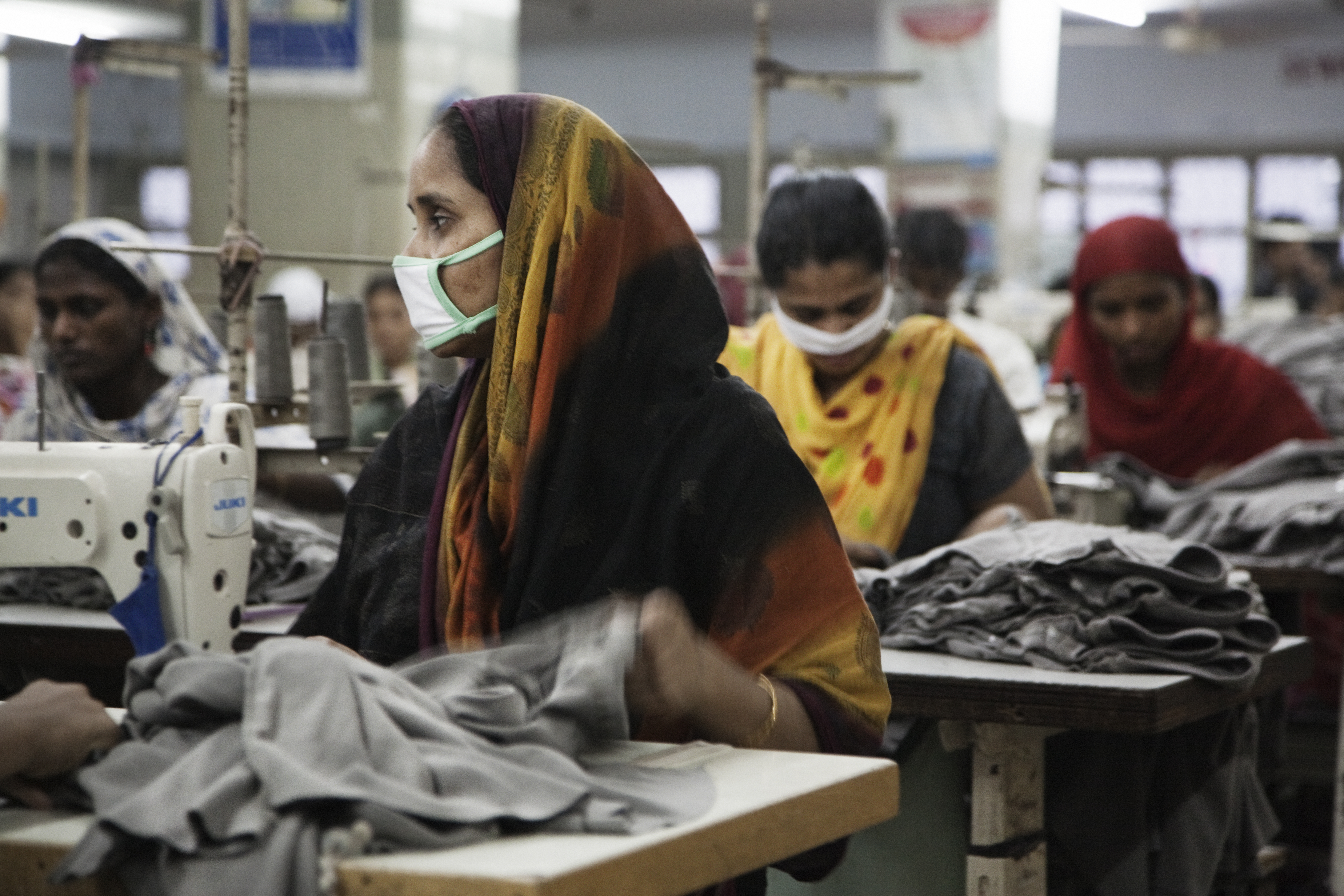
Bangladesh Safety Accord will continue safety work after 2018; Brands sourcing from Bangladesh should sign on
The Accord on Fire and Building Safety in Bangladesh will continue its coordination of brands’ due diligence obligations after 2018. This was reconfirmed unequivocally over the last few weeks by the Accord’s signatories, secretariat and witness signatories, after earlier ambiguous statements in the press about an early retreat from Bangladesh. Clean Clothes Campaign, as one of the four witness signatories, whole-heartedly continues to support the Accord’s work to manage brand due diligence in the field of safety. CCC urges all brands that have not signed onto the new Accord yet to commit themselves as soon as possible to this follow-up agreement as part and parcel of their international human rights obligations within their supply chain.
Earlier this year, Accord signatories announced that the Accord would be extended for three more years beyond its original deadline in 2018, in order to allow the current process of safety improvements to continue. More importantly, in a meeting on 19 October 2017 brand and trade union signatories to the Accord, the BGMEA, and the Bangladesh Ministers of Commerce and Labour agreed that the Accord will continue its work until the local regulatory bodies meet a set of rigorous conditions. Indeed, one of the main purposes of this new Accord, besides maintaining the progress achieved since 2013, is to support improvements to Bangladesh’s public regulatory regime, in order to strengthen and in due time pass on its responsibilities to the government of Bangladesh. For this reason the new Accord is now referred to as the Transition Accord.
The four witness signatories to the Accord have this week reiterated the importance of the Accord’s work beyond 2018 in an op-ed in the Bangladesh newspaper, the Daily Star.
'It is still uncertain how long this transition will take,’ says Ben Vanpeperstraete, Lobby and Advocacy Coordinator at Clean Clothes Campaign, ‘It is clear that there is still a lot of work to develop local mechanisms in line with the agreed upon conditions and to ascertain that these are able to ensure safe working conditions for the country’s four million garment workers. As witness signatory, we are committed to supporting the Transition Accord and a well-prepared, smooth transition during the course of the coming years.’
‘Even when in the future the safety all factories in Bangladesh will hopefully be covered by a single government institution, brands, employers and governments will continue to have their own ongoing and collective responsibility to protect workers’ rights’, adds Vanpeperstraete. ‘Right now, that responsibility can best be met by participation in the Accord. To that end, we expect all brands to sign onto the new Accord.’
To date, 48 companies, have signed the new Accord, including many of the largest brands and retailers in the world, covering at least 1,400 factories. While this is an impressive amount already, Clean Clothes Campaign calls upon all brands that source from Bangladesh to sign the new agreement as soon as possible, as garment workers in all Bangladeshi garment factories should be able to share in the protection the Accord is offering. With the first Accord being signed by 200 brands, and an alternative safety programme – the Alliance – leaving Bangladesh, there are still many brands that should make up their mind on how to take their responsibility for safety in Bangladeshi factories in the future. The increased clarity about the handover from the Accord to the government reached over the last few weeks, should help to convince those brands still wavering to sign up to the Accord as soon as possible.